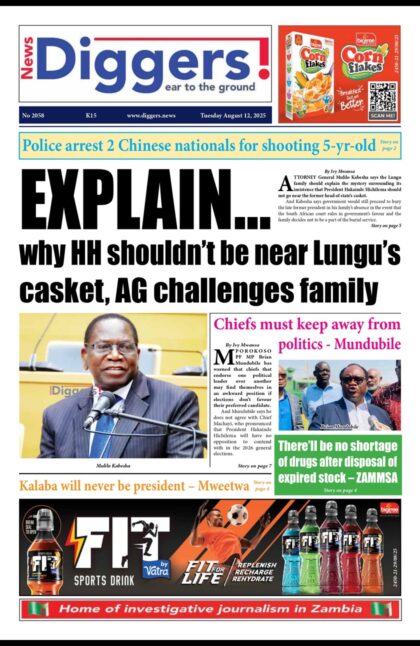ENERGY Regulation Board (ERB) Director General Yohane Mukabe says this year, the board is expected to approve a nine per cent increment in Zesco tariffs and then a 14 per cent hike in 2025. And Mukabe says citizens can complain to the board if Zesco is not following the load shedding schedule. Meanwhile, Mukabe says there are current engagements to determine whether ERB can get the private sector to bring in fuel which will last for three months. Speaking on Radio Phoenix’s Let the People Talk, Tuesday, Mukabe said Zesco was expected to collect lower than projected revenue due to the power deficit, which will be taken into consideration as the board considers the power utility’s application to increase tariffs....
























